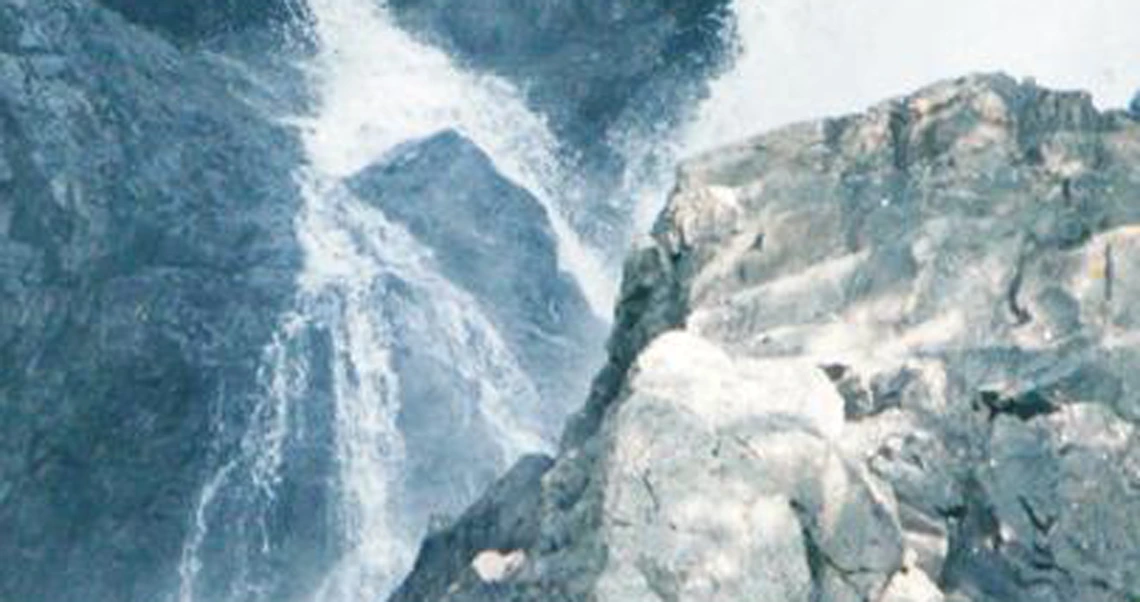Groundwater Governance and Assessment in a Transboundary Setting

 As groundwater reliance is increasing across the globe, including the United States-Mexico region, the complications of governing transboundary groundwater become more prominent. In their chapter of the new book Lake Governance, authors Sharon Megdal and Jacob Petersen-Perlman discuss groundwater governance and assessment, with a focus on the Transboundary Aquifer Assessment Program (TAAP) along the U.S.-Mexico border. After providing an overview of groundwater governance in practice, the authors discuss commonly accepted principles for governing groundwater and recent developments in legal principles for transboundary groundwater governance. They explain how TAAP studies have been made possible by a cooperative framework agreed upon by American and Mexican partners through the International Boundary and Water Commission (IBWC). The authors highlight the value of the TAAP framework for the Arizona-Sonora border region and suggest it could be applied elsewhere. Edited by Velma Grover and Gail Krantzberg, the book can be ordered at https://www.crcpress.com/Lake-Governance/Grover-Krantzberg/p/book/9781138633759. Please email smegdal@email.arizona.edu or jacobpp@email.arizona.edu for more information about the chapter. More information about the TAAP can be found at https://wrrc.arizona.edu/TAAP.
As groundwater reliance is increasing across the globe, including the United States-Mexico region, the complications of governing transboundary groundwater become more prominent. In their chapter of the new book Lake Governance, authors Sharon Megdal and Jacob Petersen-Perlman discuss groundwater governance and assessment, with a focus on the Transboundary Aquifer Assessment Program (TAAP) along the U.S.-Mexico border. After providing an overview of groundwater governance in practice, the authors discuss commonly accepted principles for governing groundwater and recent developments in legal principles for transboundary groundwater governance. They explain how TAAP studies have been made possible by a cooperative framework agreed upon by American and Mexican partners through the International Boundary and Water Commission (IBWC). The authors highlight the value of the TAAP framework for the Arizona-Sonora border region and suggest it could be applied elsewhere. Edited by Velma Grover and Gail Krantzberg, the book can be ordered at https://www.crcpress.com/Lake-Governance/Grover-Krantzberg/p/book/9781138633759. Please email smegdal@email.arizona.edu or jacobpp@email.arizona.edu for more information about the chapter. More information about the TAAP can be found at https://wrrc.arizona.edu/TAAP.

